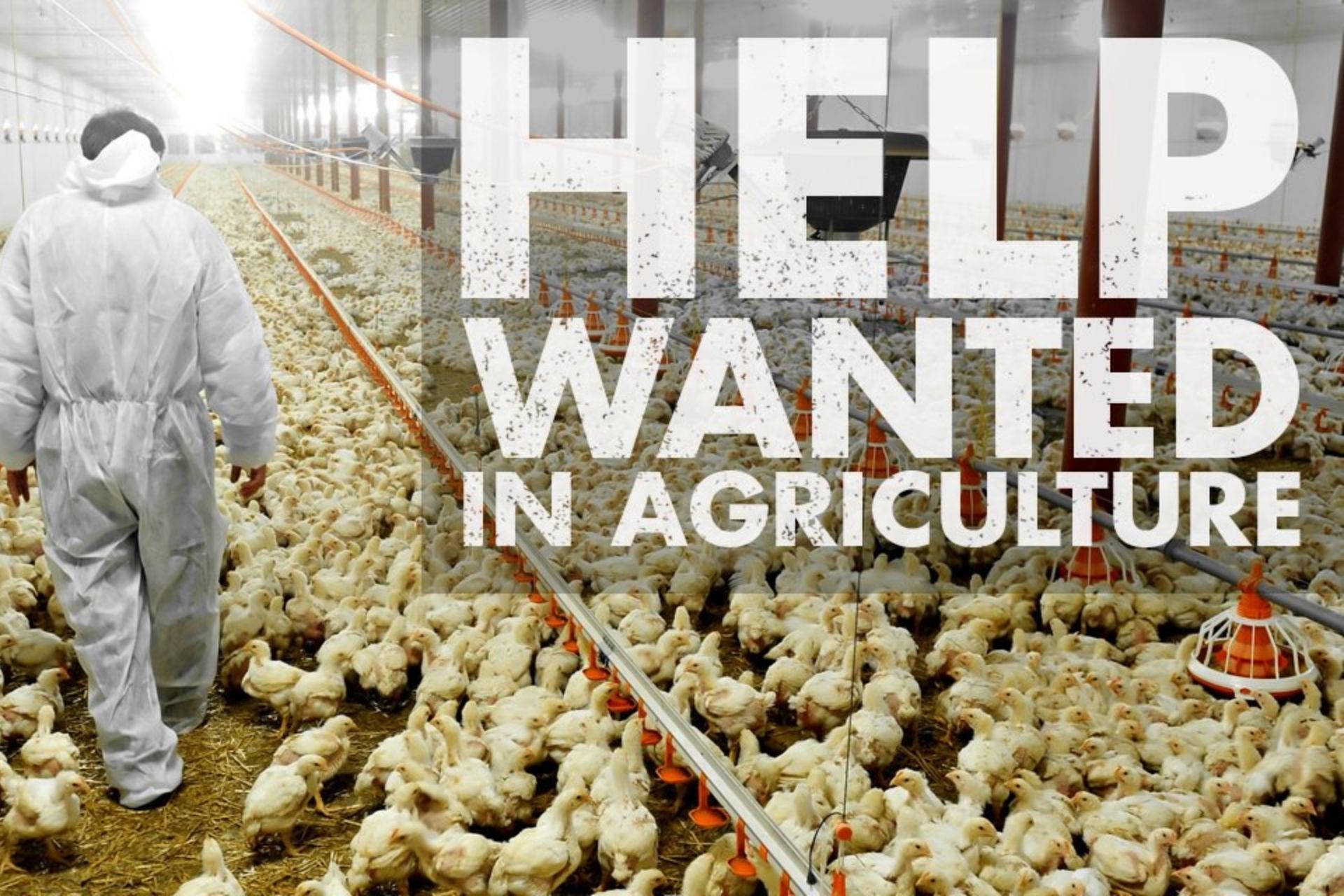
- This event has passed.
2022 Agricultural Symposium: Help Wanted in Agriculture
May 23, 2022 @ 12:00 pm – May 24, 2022 @ 1:00 pm CDT

The 2022 Agricultural Symposium will explore the role of labor in determining the long-term outlook for agriculture and related businesses, how policies will shape that outlook, and the potential for structural change.
Event details
Agricultural production has expanded dramatically during the past two decades due, in large part, to innovative and opportunistic solutions to challenges large and small. Technological advancements in agriculture reflect a problem-solving mindset as innovation has alleviated pressure points or expanded opportunities. As in the past, agricultural enterprises continue to require innovative solutions to new and existing problems. At the same time, however, many businesses have also been facing intensifying labor shortages that have inhibited existing operations and growth. Help wanted signs abound – not just to work in agriculture – but, more broadly, to solve problems and advance the industry.
The 2022 Agricultural Symposium, “Help Wanted in Agriculture” will explore the role of labor in determining the long-term outlook for agriculture and related businesses, how policies will shape that outlook, and the potential for structural change. On the first day of the symposium, speakers will discuss how issues connected to labor will affect long-term agricultural production prospects and efficient supply chains. On the second day of the symposium, speakers will discuss how existing and emerging policies affect the decisions of agricultural businesses, and how the structure of the industry may evolve in the future alongside changes in workforce trends.
Agenda
May 23, 2022
12:00-1:00 pm CT
Lunch available
1:00–1:30 pm CT
Welcome and Opening Remarks
Nathan Kauffman, Vice President, Economist and Omaha Branch Executive, Federal Reserve Bank of Kansas City
1:30-3:15 pm CT
Session 1: Farm Labor
This session will examine the outlook for farm labor in the years ahead and how agricultural workforce developments might affect future challenges and opportunities related to agricultural production.
Diane Charlton, Assistant Professor, Department of Agricultural Economics and Economics, Montana State University speaker
A.G. Kawamura, Owner/Partner, Orange County Produce panelist
Jeff Lakner, CEO, Lakner Farms, LLC panelist
3:30-5:00 pm CT
Session 2: Labor in the Ag Supply Chain
This session will discuss the outlook for labor among businesses connected to agricultural production and the significance of labor in maintaining efficient supply chains.
Tim Richards, Morrison Chair of Agribusiness, W.P. Carey School of Business, Arizona State University speaker
Tonn Ostergard, CEO and Chairman, Crete Carrier Corporation panelist
5:00-6:00 pm CT
Reception
6:00-7:30 pm CT
Dinner and Keynote Address
Esther L. George, President and Chief Executive Officer, Federal Reserve Bank of Kansas City
May 24, 2022
7:30-8:30 am CT
Breakfast available
8:30-10:00 am CT
Session 3: The Role of Policy
In this session, speakers will discuss how policies related to labor are affecting the hiring and investment decisions of farm businesses and those in the ag supply chain.
Daniel Costa, Director of Immigration Law and Policy Research, Economic Policy Institute speaker
Chuck Conner, President and Chief Executive Officer, National Council of Farmer Cooperatives panelist
Kristi Boswell, Counsel, Alston & Bird LLP panelist
Alison Krebs, Director, Dairy and Trade Policy, Leprino Foods panelist
10:30-12:00 pm ET
Session 4: Labor and Structural Change
In this session, speakers will explore how developments associated with labor and employment in agriculture might affect the structure of the agricultural sector and related businesses in the years ahead.
Roger Cryan, Chief Economist, American Farm Bureau Federation speaker
Jim Heneghan, Senior Vice President, Gro Intelligence panelist
Shari Rogge-Fidler, President and Chief Executive Officer, Farm Foundation panelist
12:00-12:15 pm CT
Closing Comments
Nathan Kauffman, Vice President, Economist and Omaha Branch Executive, Federal Reserve Bank of Kansas City
12:15-1:00 pm CT





